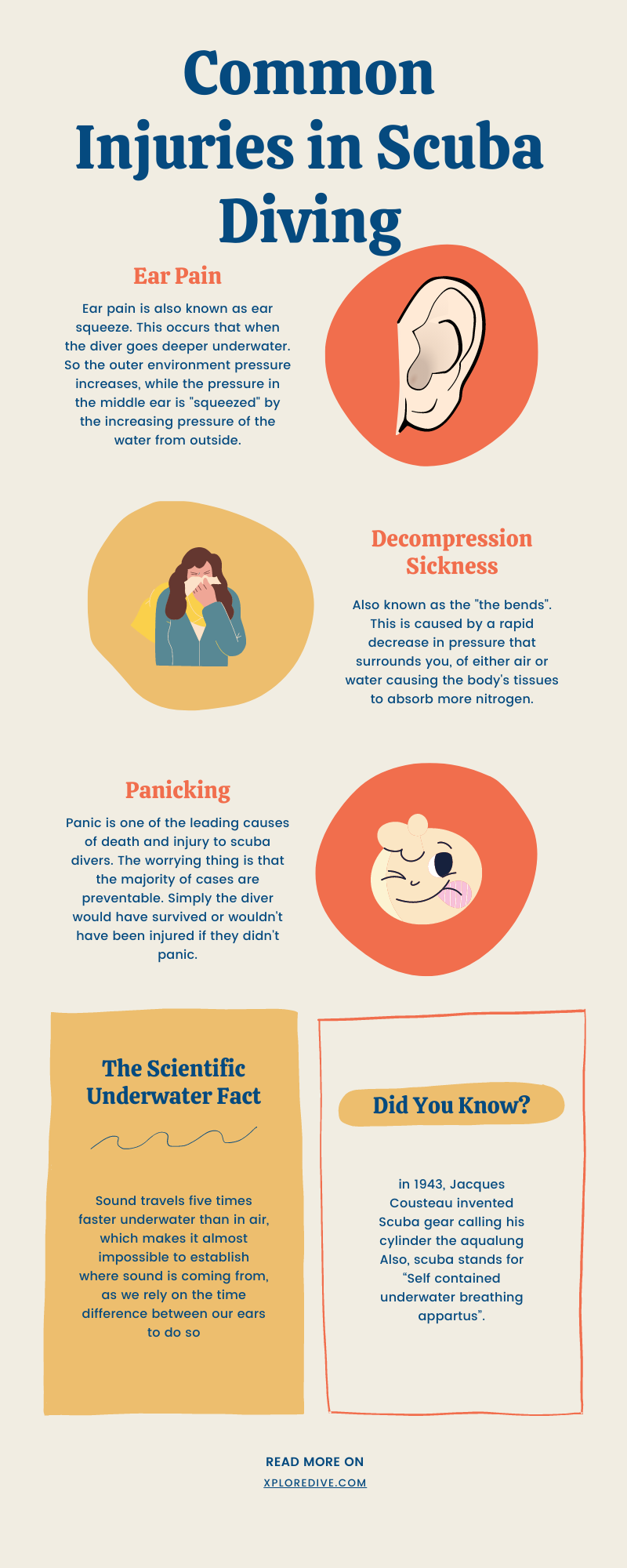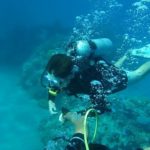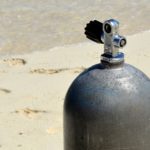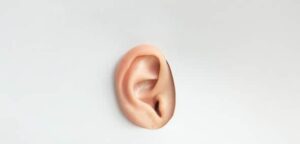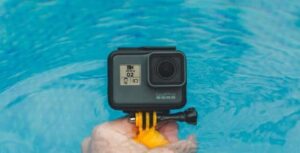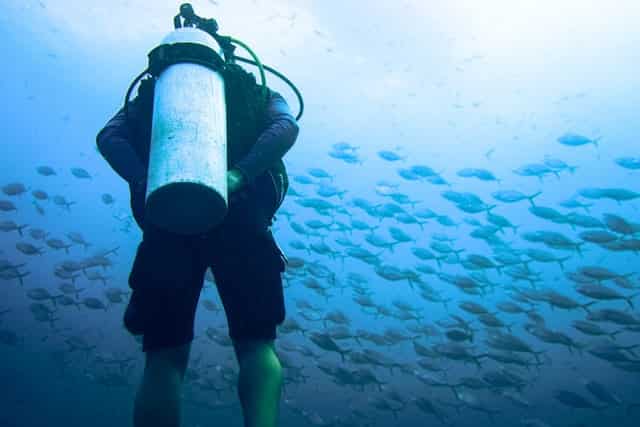
Scuba diving is fun but there is a reason why it is considered an extreme sport. With scuba diving, there are risks and dangers that can cause an injury or worse death. This is why the equipment checks and your dive buddy are so important, it’s all about safety.
Scuba diving accidents do happen but they are fairly rare. Diving is safe as long as you follow a simple set of rules just like driving a car. Scuba divers are at risk of injury and there are some common injuries that can occur while scuba diving.
In today’s post, we will go through in more detail about what is the most common injury in scuba diving, so let’s get started!
Read more on common questions asked by divers
What Is The Most Common Injury In Scuba Diving?
Scuba diving is an extreme sport and divers are at a higher risk of injury and there are some common injuries that occur while scuba diving.
These are the most common injuries that divers may get while out diving but the last two on the list are more of a leading cause of a more serious incident.
- Ear Pain and Pulmonary Barotrauma.
- Decompression Sickness.
- Incident With Marine Life.
- Panic.
- Medical Conditions.
Ear Pain And Pulmonary Barotrauma
When asked the question about what is the most common injury in scuba diving, ear and pulmonary barotrauma will come to mind. We all experience problems with our ears when scuba diving especially when learning to scuba dive.
Ear pain is also known as ear squeeze. This occurs that when the diver goes deeper underwater. So the outer environment pressure increases, while the pressure in the middle ear is “squeezed” by the increasing pressure of the water from outside.
Divers trying to equalize their ears sometimes hurt or temporarily damage their ears barotrauma cause they forcibly try to equalize.
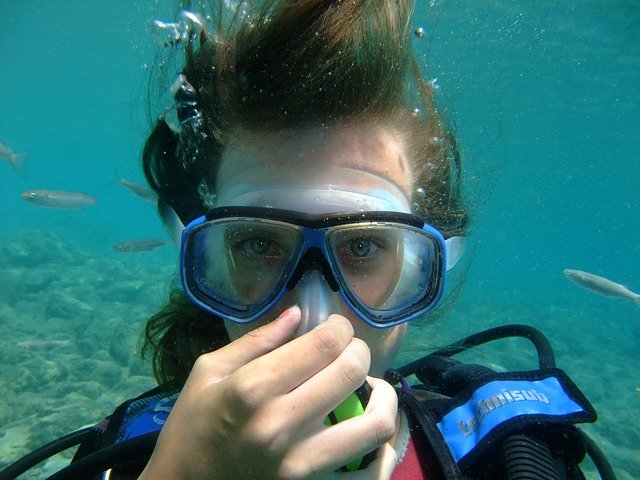
Starting off what is barotrauma? Barotrauma is a tissue injury that is caused by the change in pressure that compresses or expands gas contained in several body structures. This can affect the ears, gastrointestinal tract, lungs, sinuses, eyes, and even a part of your face that is covered by the face mask.
This is very general but the symptoms for barotrauma usually vary and can include chest pain and breathing problems, vertigo, ear pain or ear barotrauma, bloodshot eyes, or mask barotrauma, a bloody nose, or sinus barotrauma.
One’s risk of barotrauma can be increased by conditions that prevent air from freely flowing between the spaces, like sinus blockage of the eustachian tube (a small passageway connecting your middle ear with the back of your nose) and sinus congestion.
To help to avoid any ear problems and barotrauma, there are certain measures you can take such as.
- Ascending very slowly.
- Breathing as you ascent.
- Yawning or even swallowing with your nostrils pinched.
- Blowing out the air from your nose into your face mask.
- As well as taking the nasal decongestant before your diving (ear and sinus barotrauma).
Decompression Sickness
Decompression sickness is also known as the “the bends”. This is caused by a rapid decrease in pressure that surrounds you, of either air or water causing the body’s tissues to absorb more nitrogen.
When diving, you use compressed air in your tank. That air is made up of extra oxygen and nitrogen. Your body uses oxygen, whereas the nitrogen is dissolved into your blood.
If the diver ascends too quickly, it does not give the body a chance to dissolved excess gas. And the extra nitrogen can form potentially harmful bubbles in your body such as in your lungs, ear, and brain.
Decompression sickness symptoms are as follows.
- Joint pain.
- Dizziness.
- Headache.
- Extreme fatigue.
- Muscle pain / Weakness in arms or legs.
- Skin problems like itching or a rash.
- Can’t think clearly.
Incident With Marine Life
Our oceans and waterways are filled with a variety of marine life, most of which are considered harmless unless threatened. Injuries from marine life come from defensive maneuvers or chance encounters.
When diving, scuba divers should remember that they are surrounded by wild animals. Most sea life is not aggressive but some are territorial like the triggerfish and attacks are rare but do happen.
Doing things like trying to take a photo with marine life for Instagram, can be putting yourself in danger as well as your dive buddies.
Remember, look but don’t touch should be the policy. Touching the wildlife is dangerous and can damage the corals. Don’t grab the reef, or chase and grab animals.
Panic
Panic is one of the leading causes of death and injury to scuba divers. The worrying thing is that the majority of cases are preventable. Simply the diver would have survived or wouldn’t have been injured if they didn’t panic.
A DAN report cited a survey, showing that out of the 12,000 divers surveyed, 3,300 of them reported at least one single panic episode. And there is another survey showing that 50% of scuba divers have experienced at least one panic attack at some stage.
The survey clearly tells us that if a diver has a panic attack, it can lead to serious injury or even death. Remember if things go wrong don’t panic, try to stay calm, and use the tools you have to get help.
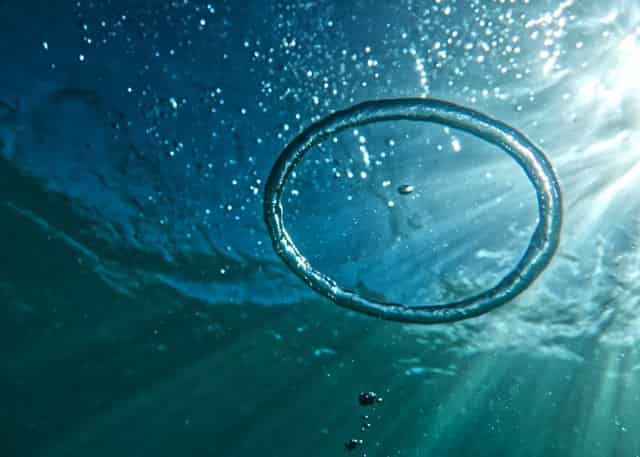
Medical Conditions
Having a medical condition such as lung problems or heart problems can lead to a more serious problem while out diving. When learning to scuba dive you have to fill out a PADI health questionnaire. Don’t withhold information like having asthma.
If you develop a health condition later on in life you need to inform your diving club and they more than likely will require you to get a medical assessment to check if you are ok to dive.
Your health is primary and thus your condition must be evaluated by a diving medical professional. There’s a long list to go through on the medical test before starting training. Most important is being able to equalize your ears. That’s what’s withholding a lot of people.
Here is a shortlist of medical conditions that can cause problems whole scuba diving.
- Any form of lung disease.
- Blackouts or fainting.
- Epilepsy, seizures, convulsions, or taking medications to prevent them.
- Diabetes.
- Back or spinal surgery/injury.
- Recurrent ear problems.
- heart issues such as heart surgery, heart attack, or heart disease.
- Bleeding or other blood disorders.
Wrapping Up
Finally, the most common injury in scuba diving is ear pain. Followed by decompression sickness and encounters with marine life. If things go wrong don’t panic while out diving, try to stay calm, and use the tools and dive knowledge you have to handle the situation.
And that’s it for now! I’d love to know if this guide on what is the most common injury in scuba diving has helped you. Let me know if you have any questions and let me know if there is more to add.
Did you enjoy this post? Then don’t forget to pin it!
